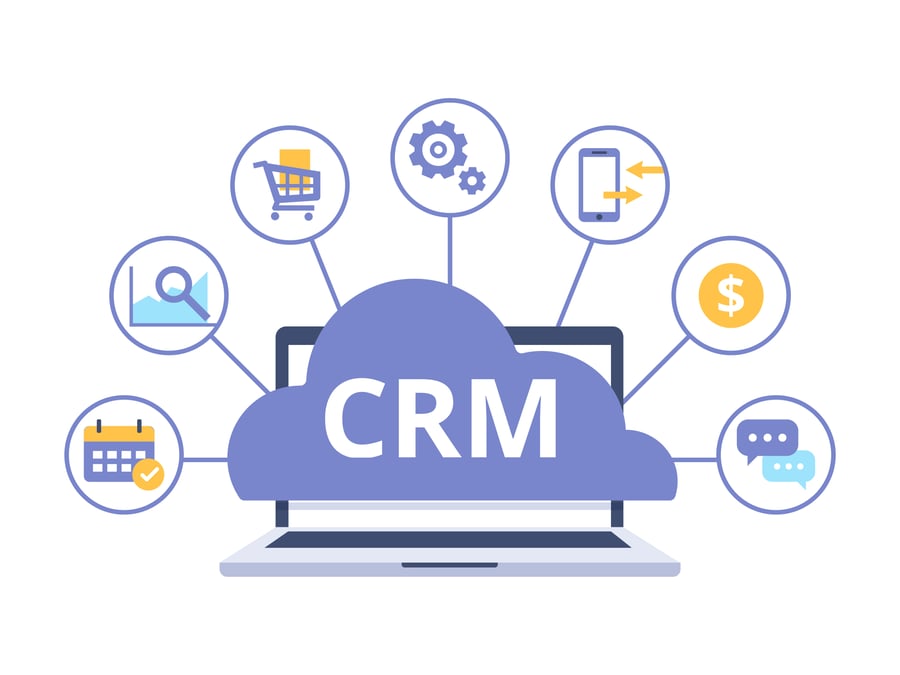What does a company’s financial health have to do with you being able to close a sales deal with them? A lot. Before you scoff at this supposition, let me explain.
No one, and certainly not me, is denying how important it is to be able to close sales deals and generate revenue for your business. Your company can’t scale and be profitable without sales. And you earn commissions based on how well you sell. So yes, sales are vital to the growth of businesses.
But that’s just one side of the sales story. Your business growth will be stalled and even cut short if you bring on multiple customers who have a poor business credit score and a history of making late payments. That’s why finance and credit control teams exist – they do the financial vetting and confirm what level of risk is acceptable to take with a new customer and what level of risk could end up sinking the business for good. As much as you might not want that, it’s needed to keep your company running smoothly and keeping the cash flow healthy. Remember, without a healthy cash flow, your company will struggle to pay its bills on time and pay employees wages.
You’re probably thinking – ‘Finance guys have no clue about how sales works and what I have to go through to close a deal.’ You might be right there. But in the same token, you probably aren’t fully aware of what the finance/credit control team does and how their entire job is to look out for the wellbeing of the company.
As part of that responsibility, the finance/credit control team is going to pull credit reports on potential customers to see what their business credit score is, how low or high their credit limit is, how many changes have been made on their credit report in the last year, how well they pay their own suppliers (i.e on time vs. late) and how many public derogatory marks they might have (i.e. collections, liens, bankruptcies, etc.). So, if your finance/credit control team sees that a potential customer has a high credit risk score (a letter grade of C or worse) and has a very low credit score, they’re likely to reject that sales deal.
Now, I know how frustrating it can be when a sales deal gets rejected in the 11th hour – after you’ve done all the hard work, spent months proving the value of your products/services and are so close to the finish line. I get it. You don’t want to waste hundreds of hours a month chasing after deals that end up being rejected. So then, why not take matters into your hands and be more proactive about vetting deals yourself before they go to the finance/credit control team?
With over 150,000 companies across different industries using Salesforce as their CRM platform, the US makes up the majority, at 62%. The great news is that Salesforce now has an integration (full disclosure: it’s with us) that helps salespeople like you avoid the bad data issues I’ve been talking about.
Best of all, this type of integration with Salesforce will help you and your sales team say goodbye to:
- Wasted time chasing risky leads
- Missing sales targets
- Sales deals being rejected by the finance/credit control team
- Losing commissions
Doing that extra bit of due diligence means you can hit your sales targets and get paid on time. That’s a win-win for your sales team and your business as a whole.

